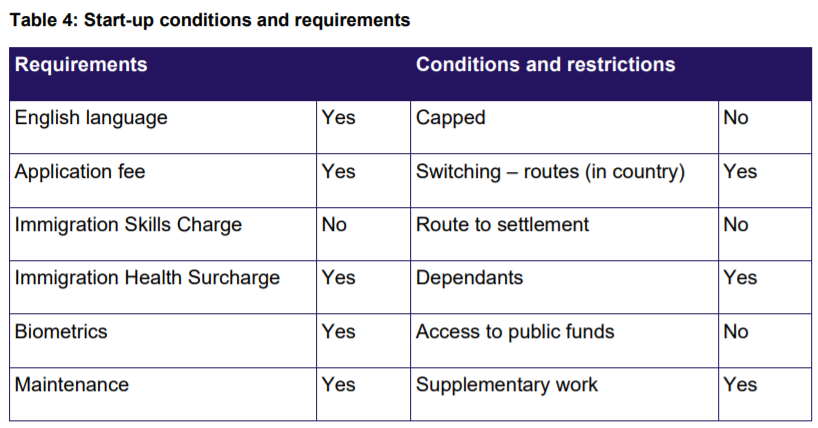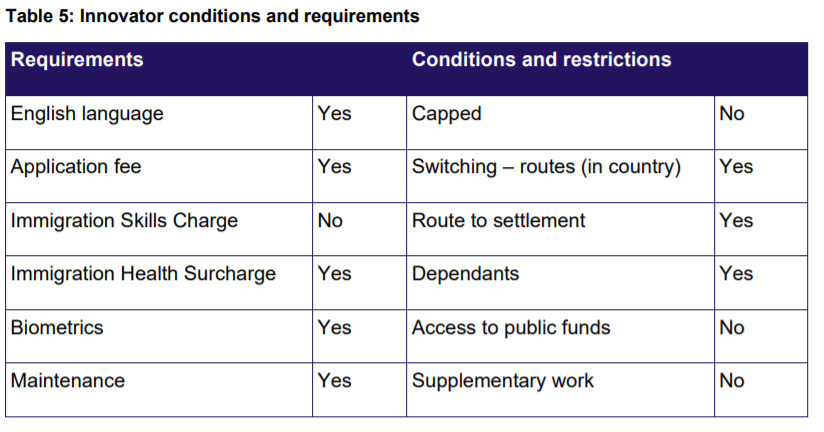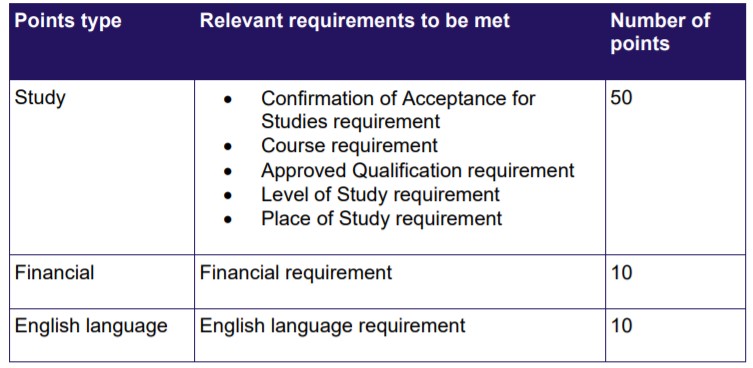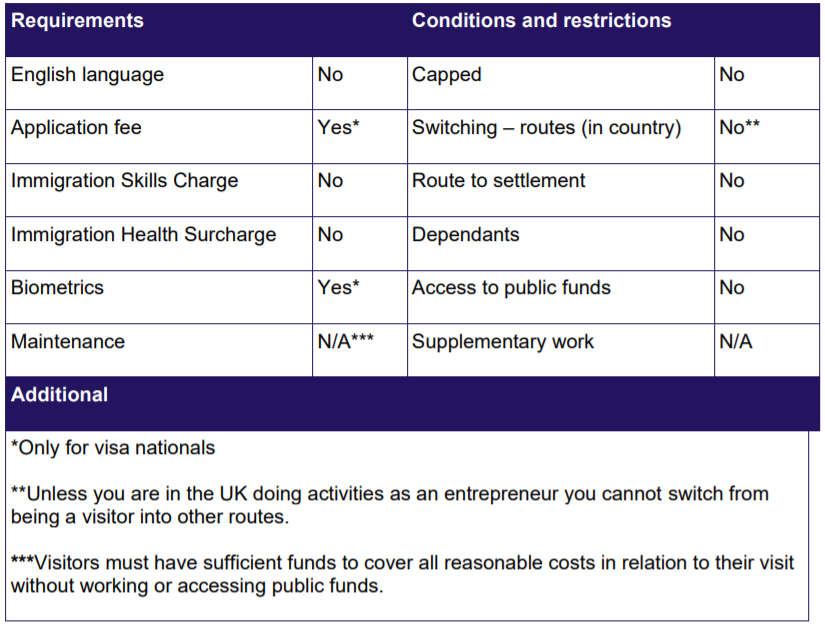Written by Evveline Loh.
The Court of Appeal gave an important judgement on the 7 July 2020. It was held that a notice served under s8 of the Housing Act 1988 by a landlord is a ‘notice to terminate a tenancy’ falls within the scope of s7 (2) (f) of the Housing (Wales) Act 2014 (H(W)A 2014). The court further confirmed that if a landlord is unlicensed, they cannot serve a notice of seeking possession under Section 8 of the Housing Act 1988 Wales.
The Housing (Wales) Act 2014
Unlike England, the Welsh government took a different approach and created national landlord registration scheme under Part 1 of the H(W)A 2014. The Housing (Wales) Act 2014 (the “H(W)A 2014”) was enacted and it regulates the letting of certain kinds of tenancy and management of such dwellings through a licensing and registration system, s(1) of the H(W)A 2014. Landlords are required to be registered with Rent Smart Wales to rent their properties in Wales. It further requires all landlords who carry out property management activities to be licensed. Agents that manage property are required to be registered and licensed.
Part 1 of the H(W)A 2014 defines ‘domestic tenancies’ as follows:
(a) an assured tenancy for the purposes of the Housing Act 1988 (the “HA 1988”) includes an assured shorthold tenancy);
(b) a regulated tenancy for the purposes of the Rent Act 1977; or
(c) a tenancy under which a dwelling is let as a separate dwelling and which is of a description specified in an order made by the Welsh Ministers under Part 1 of the Act: s2 (1)(a)-(c). (none so far been specified by the Welsh Ministers).
By s7 (2)(f), H(W)A 2014, it is a criminal offence if a landlord of a domestic tenancy in Wales (where exception does not apply) to serve notice to terminate a tenancy unless he is licensed to do so or he appoints a qualified solicitor or an agent.
Background
Mr Jarvis had registered with Rent Smart Wales through a limited company. He rented a house in Pembrokeshire to Mr and Mrs Evans under an assured shorthold tenancy. Mr Jarvis served notice after Mr and Mrs Evans failed to pay their rent. Mr Jarvis served a notice under s8, HA 1988 on the grounds 8, 10 and 11 of schedule 2 of the HA 1988.
At first instance, the judge gave possession to Mr Jarvis but on appeal to the circuit judge, the judgement was overturned on the basis that Section 8 did not permit unlicensed landlord to serve notice.
Issues on Appeal
The Court of Appeal addressed mainly two issues:
Issue 1: Does s 7(2)(f), H(W)A 2014 (‘serving notice to terminate a tenancy’) extend to the service of notice under s8, HA 1988?
Issue 2: If yes, is a notice served in breach of s7, H(W)A 2014 invalid?
Issue 1
The Court of Appeal held that “notice to terminate a tenancy” was drafted wide enough to encompass s8 notice. It would have been meaningless if it was only limited to notices that terminates the tenancy e.g. notice to quit.
Issue 2
The appellant argued that s7, H(W)A 2014 resulted only in criminal liability. It does not affect the validity of a notice served by s8, HA1988 for possession proceedings.
The Court rejected the argument on the basis that the legislation drafted was intended to protect tenants. The penalties and enforcement mechanism drafted will only be exercised by the Court if it was “just and equitable” to do so taking into account whether the landlord is registered or licensed. The argument that s7, H(W)A 2014 states that a landlord had only committed an offence by serving a notice should make the notice invalid was dismissed. The Court states that it would be unjust for a Court to allow a landlord to rely on a notice served to be a valid on if it results to criminal offence.
The Court concluded that s7, H(W)A 2014 prohibits a unlicensed landlord from serving any types of possession notice (including s8, HA 1988 notice). However, this can be easily rectify by appointing an agent or qualified solicitor to serve the notice. In contrast, s44 specifically prohibits the landlord to serve notice under s21, HA 1988 until the landlord has registered and apply for the license. Hence, there is now a distinction between unlicensed landlord who are able to deal with specific issue and for those who would like to obtain the property back by issuing possession order notice.
Thoughts
The England and Wales has taken a very different approached since the enactment of the H(W)A 2014. The legislation acts as a protection for the tenants. Landlords who fail to register or apply for a licence will find themselves facing costly and time consuming legal proceedings. The new judgement means only that landlords in Wales who fails to register or obtain a license will not only be unable to serve s21 notice, but also a s8 notice.
This judgment should be great news to tenants in Wales. Landlords on the other hand should ensure that they meet the requirements under the H(W)A2014 legislation. This would help benefit and improve the standards within the housing private sector.
Have questions? Contact us today!
In the meantime, we are operating as usual, and you can reach us on 020 7928 0276 or email in to info@lisaslaw.co.uk for any questions you may have on this topic.
Or, why not download our free app today? You can launch a new enquiry, scan over documents and much more.
If you have an iPhone, follow this link to download.
If you use an Android phone, follow this link to download.
Find the link here if you need some further instructions on how to use our new app!






















